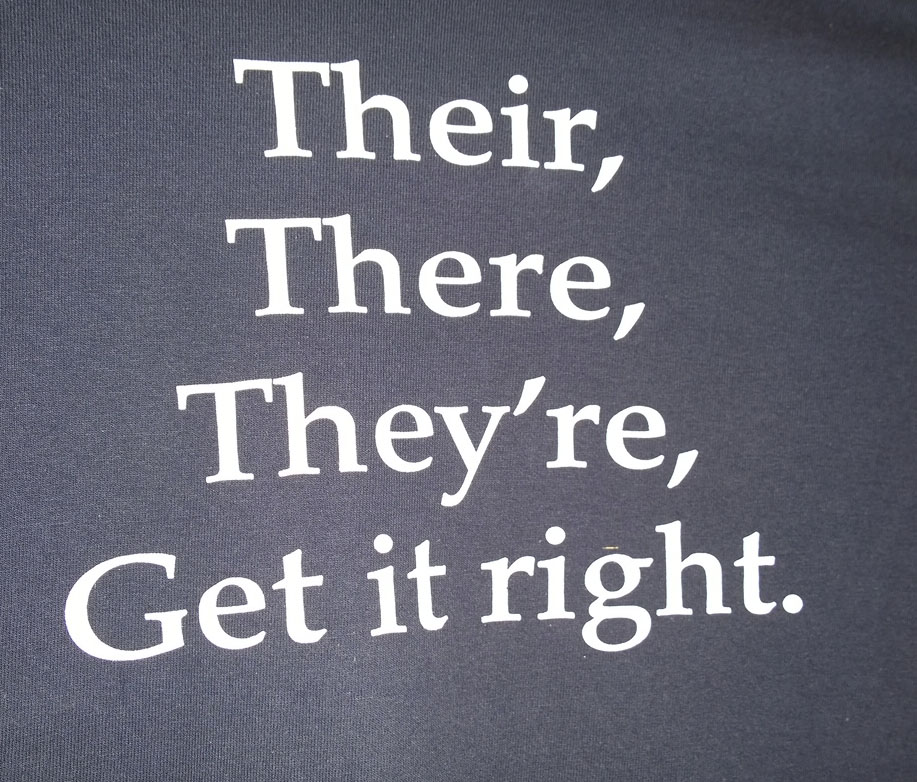My suggested slogans for the 2020s
By Morf Morford
Tacoma Daily Index
“We are where we are” is right up there with my least favorite motto or slogan “It is what it is” in terms of being a commonly used saying that sums up the current situation – without saying anything.
Already in 2020, I’ve heard this saying in a variety of contexts whether it is regarding the economy, our international relations, global trade, politics local and national, recycling and the career trajectory of almost everyone I know.
While undeniably true, it’s difficult to sift out what point someone is trying to make by using a phrase like “We are where we are.” Is it resignation? Is it the result of intense research and analysis? Or is it the phrase one uses when giving up and not doing any serious thinking on the topic?
I consider “We are where we are” and “It is what it is” as the inevitable step-child of the equally illogical phrase that was quite common several years ago – “If you lived here, you’d be home now.”
The beauty of this phrase is that it is in fact true. It is in fact, universally true: no matter where you are, if you “lived there, you’d be home now.”
You could be anywhere, a grocery store, at work, in your car, at a conference, it doesn’t really matter – in a Zen-like transfiguration, like some universal floating GPS reference point, this statement is always true.
Whether it has any meaning or relevance is an entirely different question.
I’ll admit to being a word nerd, and I may have taught grammar more than anyone should, so I, for better or worse, use, manipulate and play with words on a regular basis.
Here’s an example; contractions are where words are combined into a simpler form. Contractions are very handy and easy to use. Consider the word “can’t” compared to the words “can not”. No meaning is changed; “can not” may sound more formal or imperious than “can’t” but, in most cases, contractions change the tone, or attitude, more than the usual meaning.
But a phrase like “We are where we are” changes dramatically when reduced to a contraction.
“We are where we are” becomes “We’re where we’re”. If you said it out loud, it would sound like gibberish. I would argue that “We are where we are” already was gibberish, we just didn’t recognize it because it was a series of words that we know and use on a regular basis and it follows (to a degree) standard rules of English sentence structure as in having a subject “we” followed by a verb “are” concluding with an object.
There never was any meaning in that phrase, but we need to slow down and listen to what is actually being said to recognize how empty that phrase is.
But if you think “We are where we are” changes dramatically when reduced to a contraction, consider “It is what it is”.
“It is what it is”, when contracted, becomes “It’s what it’s”.
I’ll admit that it is succinct – it effectively captures the essence of pure absence of thought, of even the prospect of human engagement or comprehension of any given situation.
It is a declaration of obliviousness, ignorance and helplessness.
And it is a declaration I hear on a regular basis as if it did in fact sum up who we are – and how our values and priorities guide us through increasingly precarious times.
And, like “Give me liberty or give me death” or “Ask not what your country can do for you” or even “Four score and seven years ago…” “It is what it is” and “We are where we are”, for better or worse, sum up who we are and how we perceive, comprehend and respond to the challenges we face.
After all, in 2020, “We are where we are.”
I couldn’t have said it better myself.







